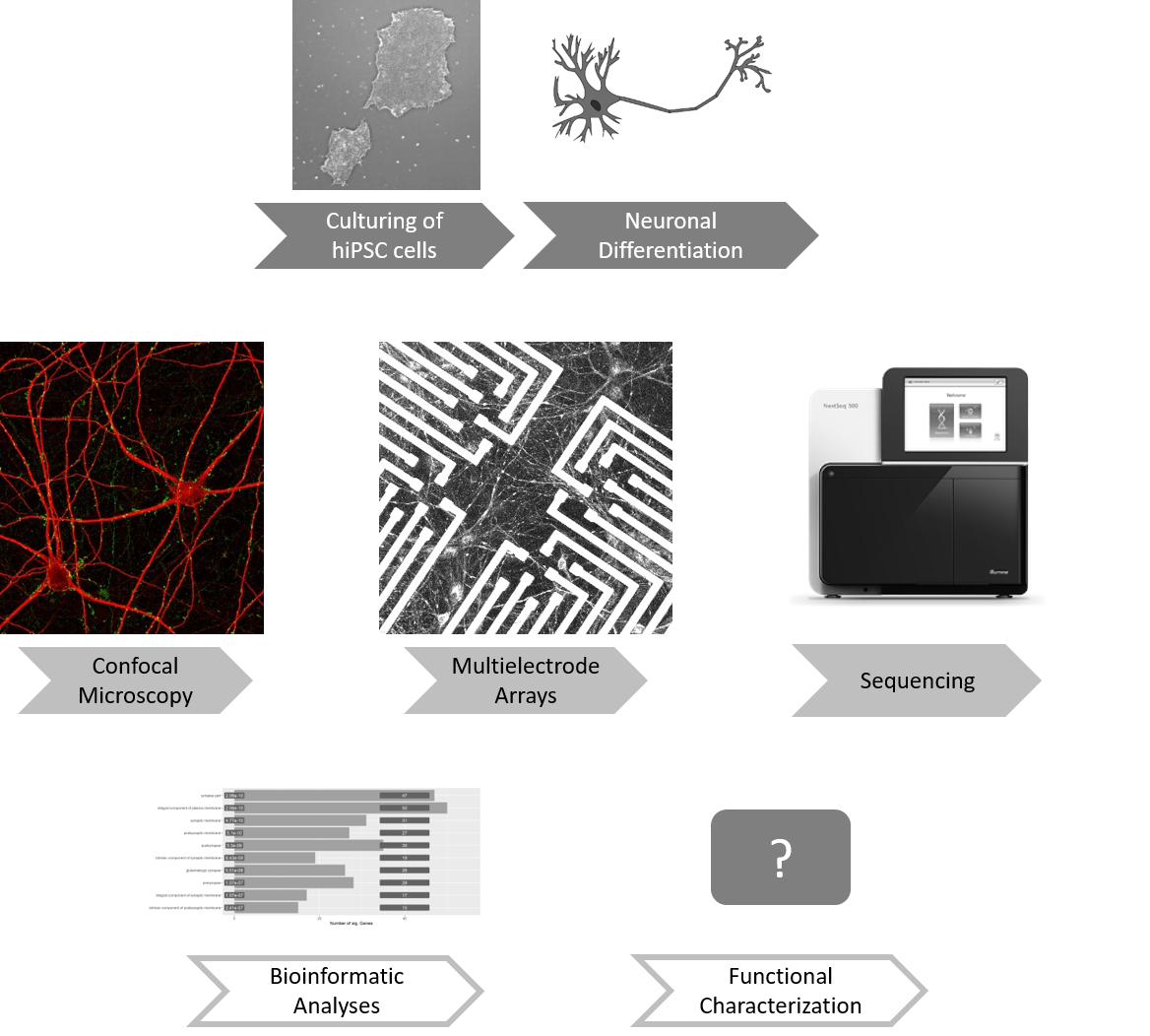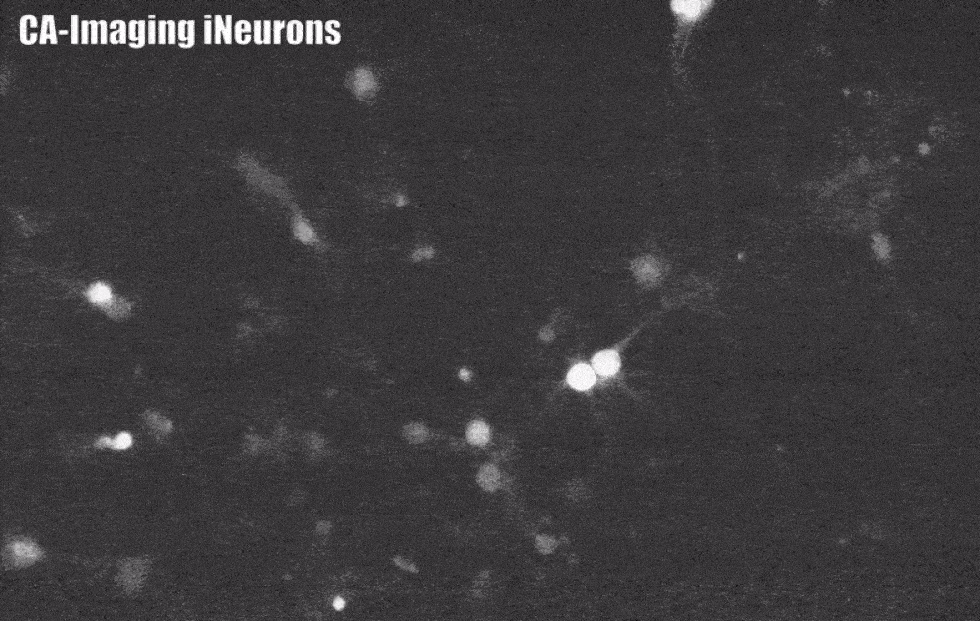non-coding RNA function in human synapse development

Despite extensive research, there is up to date no final explanation for the unique cognitive abilities of the human species. Whereas most of the genetic, molecular and cellular components in mammalian brains are quite similar, human neurons seem to display an increased potential for synaptic plasticity. This might be due to a generally higher number of synapses or a prolonged maturation of these in comparison to other mammals and even primates.
Non-coding RNAs and especially miRNAs play a significant role in synaptic development and plasticity. Furthermore, particularly the regulatory part of the genome distinguishes humans most from their closest relatives. Nevertheless, the contribution of non-coding RNA dependent mechanisms to human synapse development and plasticity is poorly understood.
To study the role of non-coding RNAs in human synapse development, we established a defined human neuronal differentiation protocol. By manipulating the expression of specific candidate RNAs during the time course of neuronal development, we plan to investigate their role in synaptic maturation as well as effects on neuronal morphology and electrophysiological properties. Newly identified pathways can further be studied in the context of neuropsychiatric diseases using patient-derived iPSC lines.
